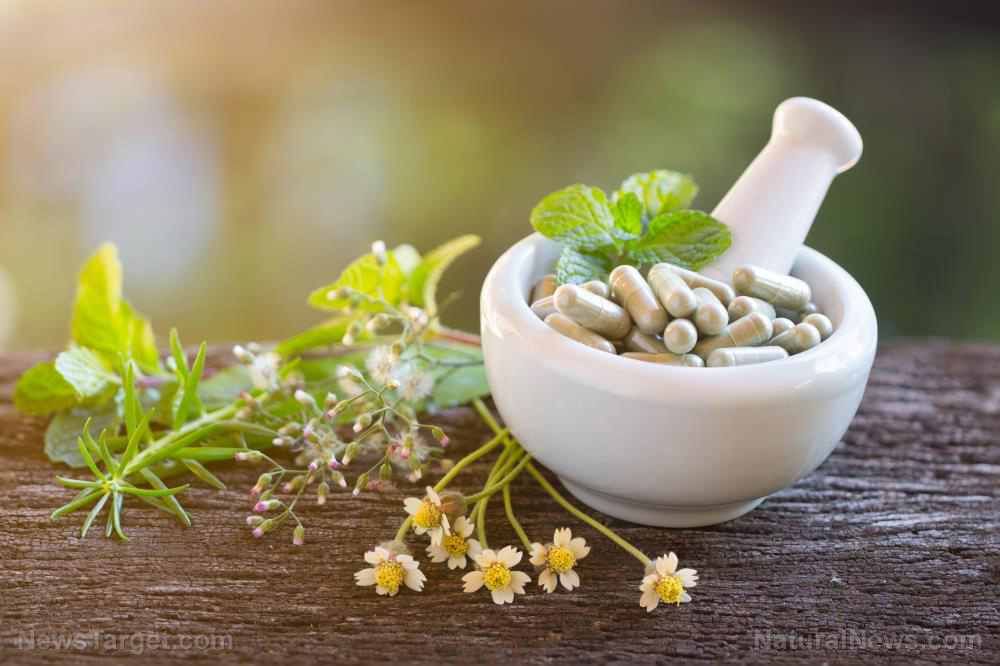Exploring the medicinal properties of Ocotea bullata (black stinkwood) stem bark extracts
01/12/2021 / By Evangelyn Rodriguez

Researchers at the University of the Free State, Qwaqwa Campus in South Africa evaluated the phytochemical composition and biological activities of Ocotea bullata (black stinkwood) stem bark extracts. Their findings were published in the Journal of Integrative Medicine.
- According to previous investigations, O. bullata has antioxidant and anti-inflammatory properties and also inhibits carbohydrate metabolism.
- To further explore these properties and the phytochemicals responsible for them, the researchers obtained extracts from air-dried O. bullata stem bark using hexane, ethyl acetate, methanol and water as extraction solvents.
- They then performed phytochemical analysis and antioxidant assays using standard procedures.
- To assess the extracts’ antidiabetic and anti-inflammatory properties, the researchers tested their effects on the activities of enzymes involved in carbohydrate metabolism (a-amylase and a-glucosidase) and inflammation (5-lipoxygenase).
- They also tested the extracts’ cytotoxicity using Vero cells.
- The researchers reported that the ethyl acetate extract of O. bullata stem bark showed the highest phenolic content (8.97?mg/g gallic acid) among the extracts, while the methanol extract showed the highest flavonoid (36.06?mg/g quercetin) and flavonol (153.44?mg/g rutin) content.
- The hexane extract showed the greatest capacity for scavenging free radicals, while the ethyl acetate extract showed the highest inhibitory activity against superoxide anion and the greatest ferric ion-reducing power.
- On the other hand, the aqueous extract displayed the strongest metal-chelating activity, even when pitted against gallic acid.
- The aqueous extract also showed the highest inhibitory activity against a-amylase and a-glucosidase, even higher than acarbose’s.
- In terms of inhibiting 5-lipoxygenase activity, no significant differences were found between the half-maximum inhibitory concentration (IC50) values of all tested extracts and indomethacin, a nonsteroidal anti-inflammatory drug.
- The extracts also proved non-toxic to Vero cells.
Based on these findings, the researchers concluded that O. bullata is an excellent source of phytochemicals that can be used to manage diabetes and inflammation.
Journal Reference:
Ogundajo AL, Adeniran LA, Ashafa AO. MEDICINAL PROPERTIES OF OCOTEA BULLATA STEM BARK EXTRACTS: PHYTOCHEMICAL CONSTITUENTS, ANTIOXIDANT AND ANTI-INFLAMMATORY ACTIVITY, CYTOTOXICITY AND INHIBITION OF CARBOHYDRATE-METABOLIZING ENZYMES. Journal of Integrative Medicine. March 2018;16(2):132–140. DOI: 10.1016/j.joim.2018.02.007
Tagged Under: alternative medicine, anti-diabetes, anti-inflammatory, black stinkwood, diabetes cure, herbal medicine, Herbs, inflammation, natural cures, natural medicine, phytonutrients, plant medicine, remedies, research




















